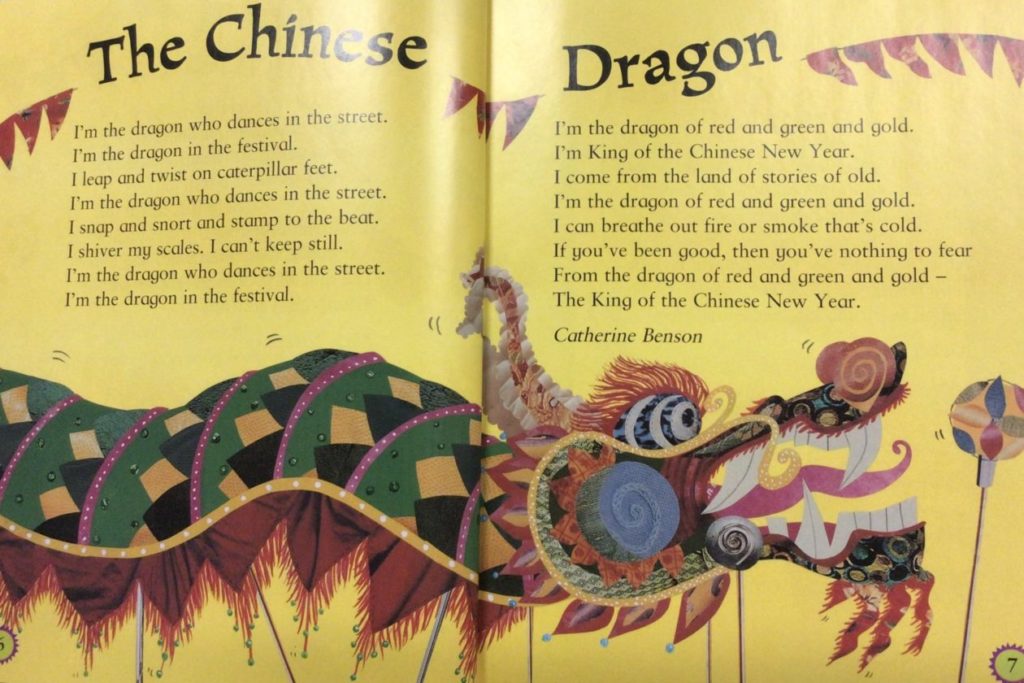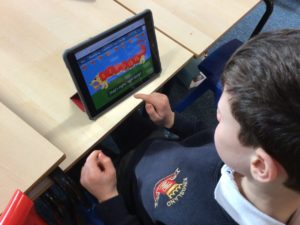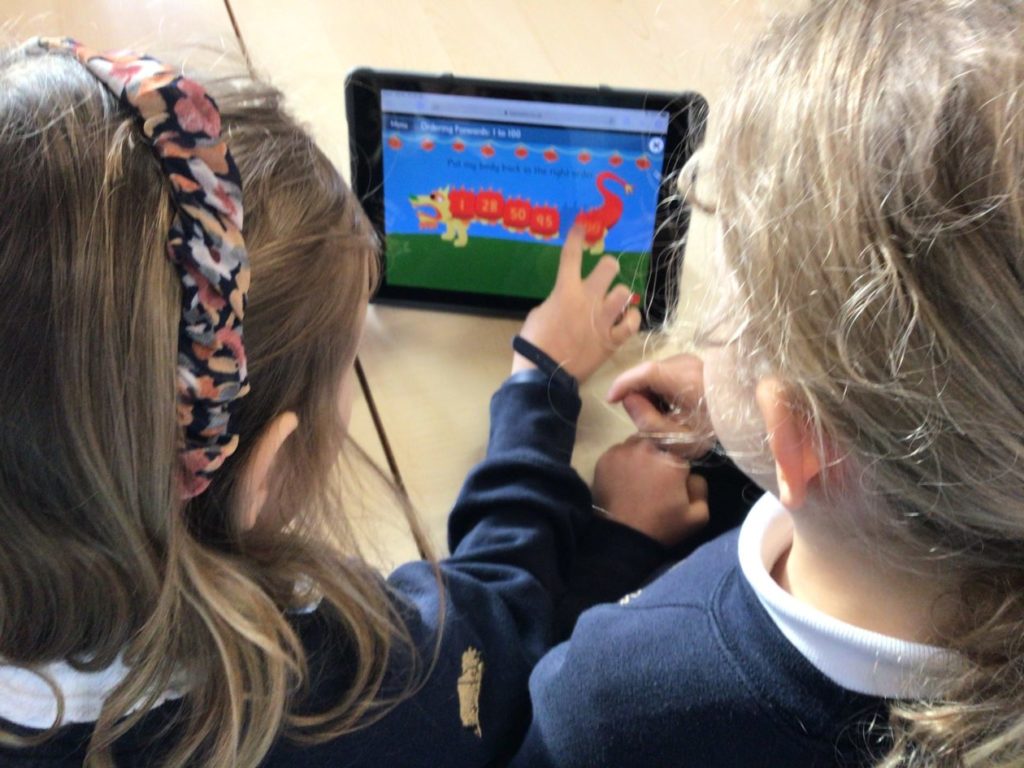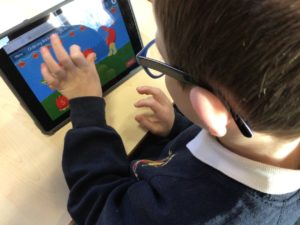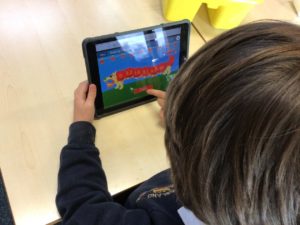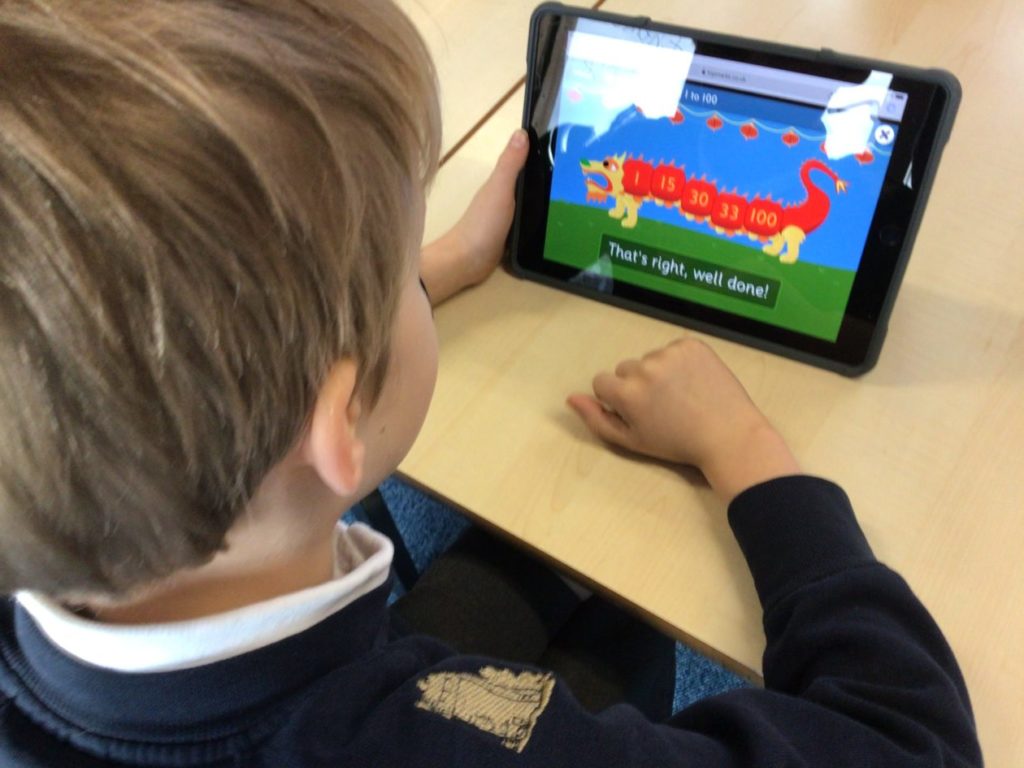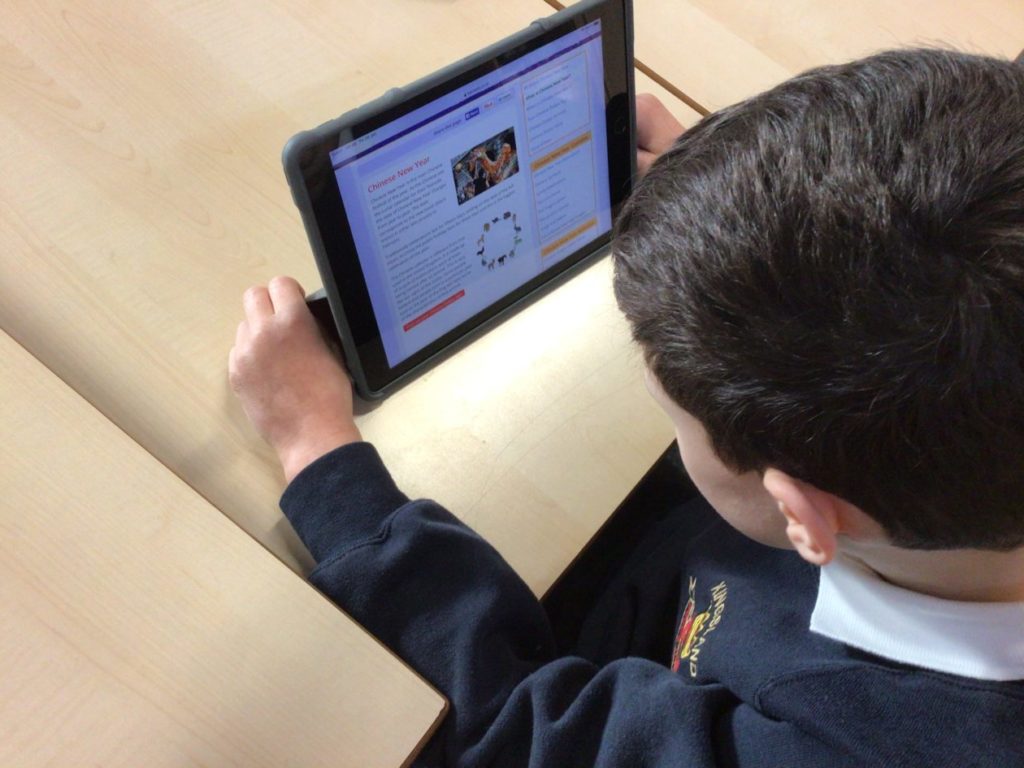
Category Archives: Uncategorized
Comment on Sketching deer by Mrs Stevenson
Wow, these are amazing P5a!
spelling sh words
| shrink | shrinks | shrinking | shrinkable | unshrinkable |
| shell | shells | seashell | shellfish | tortoiseshell |
| shave | shaves | shaving | shaved | aftershave |
| cash | cashier | cashback | cashing | cashew |
| publish | publishes | published | publishing | publishers |
| magic | magical | magically | magician | magicians |
| politics | political | politician | politicians | politicians |
| beauty | beautiful | beautifully | beautician | beauticians |
Drumming week 2
Haiku poems
Today we wrote a traditional Japanese poem, a Haiku.
A haiku has three lines, and the syllables for each line are 5, 7, 5.
Haikus are often written about the seasons and nature.
Here are our poems.


Drumming 27.1.22
Sketching deer
Equivalent fractions
We are learning that fractions can be equivalent. We used Cuisenaire rods to find equivalent fractions, and the fractions wall on this website to see how they stack up.
https://mathsbot.com/manipulatives/fractionWall







Year of the Tiger. 🐅
On the 1st February it is Chinese New Year. The year 2022 is represented by the tiger. Last year was the year of the ox.
Can you find out what animal will be represented in 2023 ?
What animal represented the year you were born in ?
In class we were so excited about using the iPads to explore Chinese New Year through Numeracy and Reading. It was so strange not having to wait our turn on the Smartboard because we all had our own iPad to work on. This meant we could work at our own pace and a little faster.
Although we have really had fun drawing on the iPad we felt very grown up when we did ordering, sequencing and reading real facts about the Chinese New Year festival.
We say goodbye to the year of the ox today and we look forward to greeting the year of the tiger tomorrow. 
Happy Chinese New Year everyone! 
We have also been working very hard on our Scottish theme and we are really looking forward to sharing our learning with you on Scottish Afternoon on the 3rd of February.
Review of the week P7A 28.1.22
This week’s Blog post was written by Adam, Ailish, Dani, Flo, Fraser, Jack, Katie, Kirsty and Megan
The past few weeks have mainly been focused on Scottish poetry. Our Burn’s poem this year has been Tam o Shanter and our other poem has been Bletherton Rovers by Mathew Fitt. We have been doing a lot of work around the poems.
We have created movie trailers using iMovie and have had a lot of fun producing them. We chose groups and make some brilliant Tam O’ Shanter or Blethertoun Rovers movie trailers! We acted out the different characters and filmed, edited and completed some amazing iMovie trailers. We also made cool tails for the people playing Meg. It was great fun watching them in class!
Our Art work was also based on Burns and we created a wall display of the main scenes in Tam o Shanter and used a variety of materials to make them.
Also this week we performed our Scottish poems to either the teacher or the class. Our overall winner was Flo and the joint runners up (with only 0.01 separating their average score /5!) were Niamh and Lewis. Congratulations to everyone who learned and recited their poems and well done for supporting each other so well.
In Maths we have done Perimeter, Area and Fractions. We learnt about comparing and ordering numerators and denominators in Numeracy as well as revising simplification and equivalence of fractions. This week in practical maths we have been working on perimeter and area to find the perimeter you add all the sides and to find the area you times two of the sizes.
We also made our own Scottish music in Music with Mrs Inglis, practiced our basketball and benchball skills in P.E. and, of course, worked on our spelling!
We finished the week with another Sports Leadership session with Mr Murray…and a lunchtime fire drill!












